 Medically reviewed by: Dr. V V George, HOD & Consultant Orthopaedic Surgeon - Written by Jasni Salim - Updated on 24/10/2024
Medically reviewed by: Dr. V V George, HOD & Consultant Orthopaedic Surgeon - Written by Jasni Salim - Updated on 24/10/2024The anterior cruciate ligament (ACL) is a significant ligament that contributes to the stability of the knee joint. ACL injuries frequently happen among players engaged in vigorous sports such as soccer and skiing. This ligament's rupture frequently results in knee instability and discomfort along with reduced mobility. Norms about ACL injury exist, but advancements in healthcare provide viable methods for ACL treatment and reconstruction.
An ACL injury takes place due to the rupture or excessive stretching of the ligament that attaches the thigh bone to the shin bone. Such incidents often arise while participating in sports, requiring quick changes in direction or unexpected stops. These motions apply significant pressure to the ligament and frequently cause damage. Both athletes and non-athletes face risks of an ACL injury through falls or trauma.
The most common ACL injury symptoms include:
You should reach out to a specialist if you have any of these symptoms to assess how serious the injury is and choose the suitable ACL treatment.
To diagnose an ACL injury, the physician conducts a thorough physical assessment and runs imaging tests, including X-rays and MRIs, to assess the injury. Based on the grade of the tear, health status, and activity intake, the approach to treatment will vary.
Initial treatment typically includes:
In numerous instances, healthcare professionals suggest physical therapy to regain flexibility and build muscle support.

If patients desire to partake in vigorous sports or struggle with stability in their knees post-nonsurgical procedures, they may need surgical intervention. In ACL reconstruction, the surgeon grafts a piece of tissue back into the torn ligament which can be sourced from the patient’s own body or a donor. By handling the graft with care, the surgeon aims to restore knee stability and performance.
After surgery is complete, recovery significantly relies on rehabilitation efforts. Through a series of exercises in physical therapy, patients strengthen their knees and get back to full mobility. The lengths of time needed for recovery varies greatly, but many people recover fast enough to perform light activities within three to six months, and it may take several months to make a full return to sports.
Not every ACL injury requires surgery. In cases where the tear is partial, or the patient is less active, non-surgical options may be considered. These treatments include:
A comprehensive rehabilitation plan can help many patients recover without the need for surgery.
Prevention is key, especially for athletes who are at higher risk. Some strategies to reduce the likelihood of an ACL injury include:
By implementing these strategies, one can lower the chances of injury.
Picking up the best orthopedic hospital is essential if you encounter an ACL injury for effective treatment and recovery. Considerations should include the knowledge of the orthopedic surgeons along with the advanced technology used and the hospital's track record with ACL reconstructions. Access to cutting-edge techniques and rehab programs through a focused hospital can greatly boost your recovery success.
EMC Hospital in Cochin is recognized as one of the best orthopedic hospitals for treating ACL injuries. Our skilled doctors are proficient in handling both surgical and non-surgical approaches tailored to the needs of every patient. Utilizing state-of-the-art testing methods and extensive rehab protocols enables us to offer diverse recovery solutions.
EMC Hospital in Cochin is one of the top orthopedic facilities for ACL injuries. The orthopedic specialists in our department possess extensive skills in both medical procedures and surgical interventions. Our advanced equipment and individualized treatment programs allow us to provide each patient with the highest standard of care and assist them in returning to their daily routines quickly.
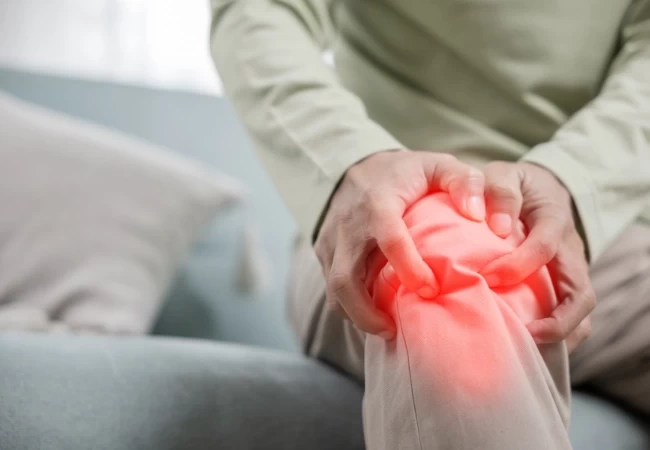
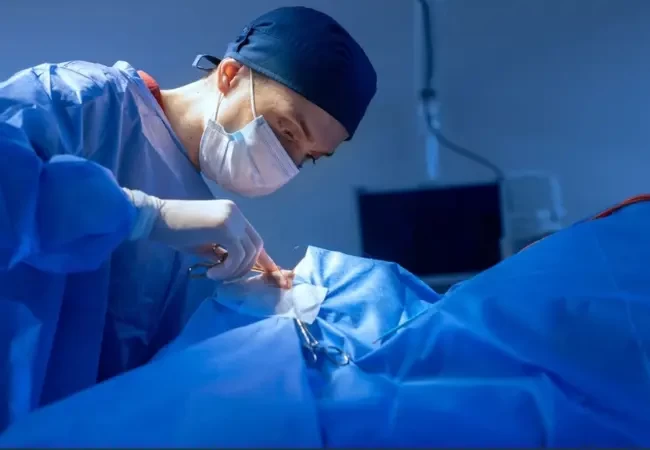
Discover the truth behind common plastic surgery myths. Learn what's real, what's outdated, and how modern procedures truly work.
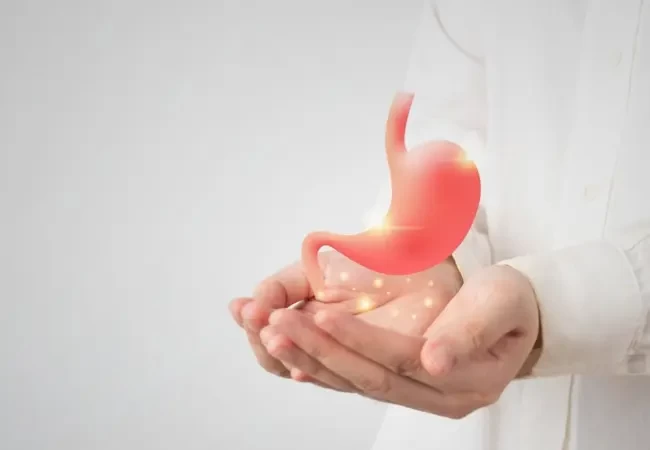
A step-by-step overview of GI surgery, covering what to do before surgery, what happens in the OR, and how to ensure a strong recovery.

Learn about cancer, its early signs, and prevention tips to lower your risk. Early detection saves lives—stay informed, take proactive steps, and protect your health.

Discover why a skilled pediatrician is essential for your child's growth, development, and overall well-being, from infancy through adolescence.

Discover how dermatology can help tackle acne, slow aging, and treat various skin conditions for healthier, more radiant skin.

Discover common childhood allergies, their symptoms, and management tips. Stay informed to keep your child safe and healthy.

Your liver plays a vital role in metabolism, digestion, immunity, and detoxification. Learn how liver health affects your body and ways to maintain its function.

Strong bones support your body and protect your health. Discover simple diet, exercise, and lifestyle tips to maintain bone strength at any age.
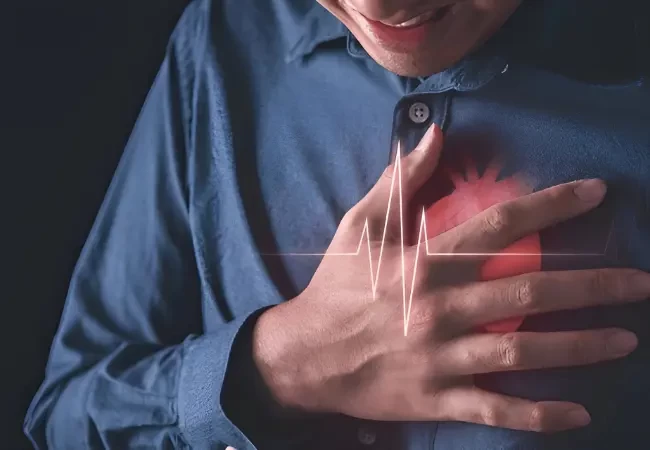
Discover the symptoms, causes, and treatment of hypertensive heart disease. Learn how high blood pressure affects your heart and when to seek medical care.
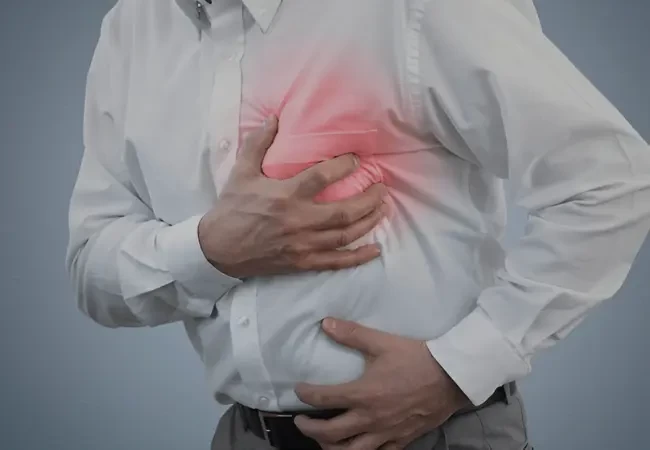
Learn about chest pain symptoms, causes, and treatments. Know when to seek medical help for a healthier heart.